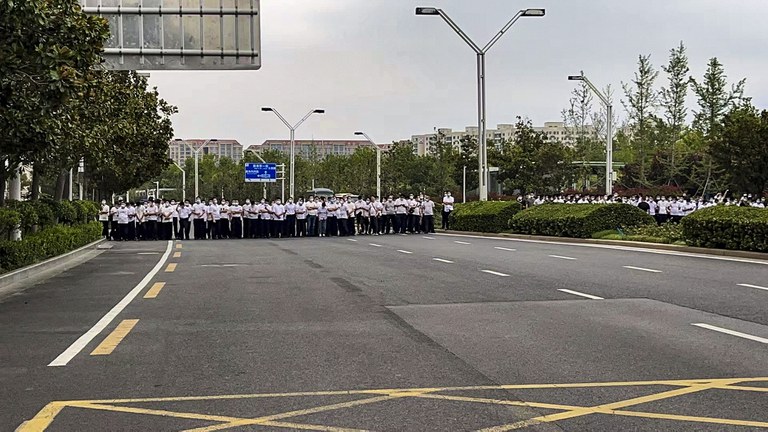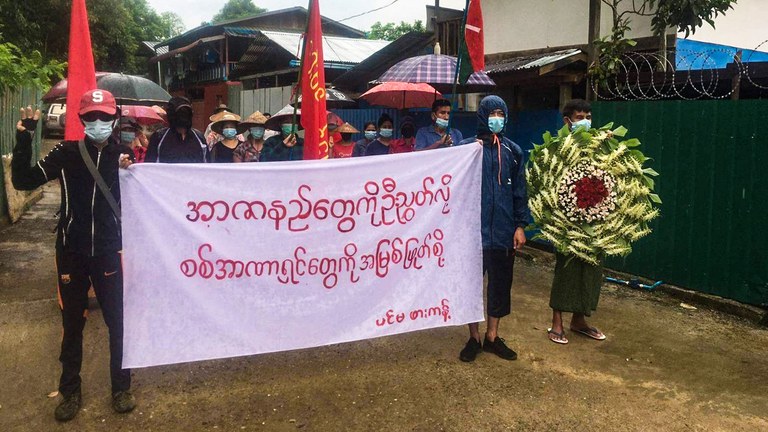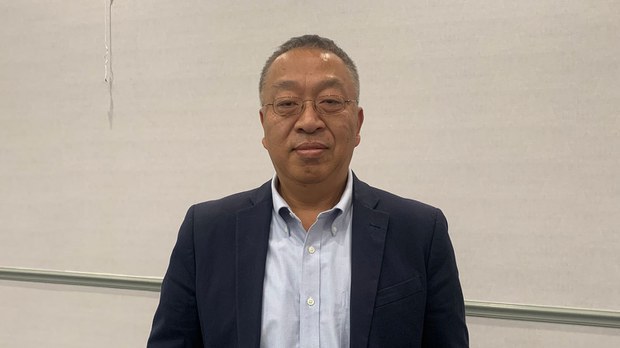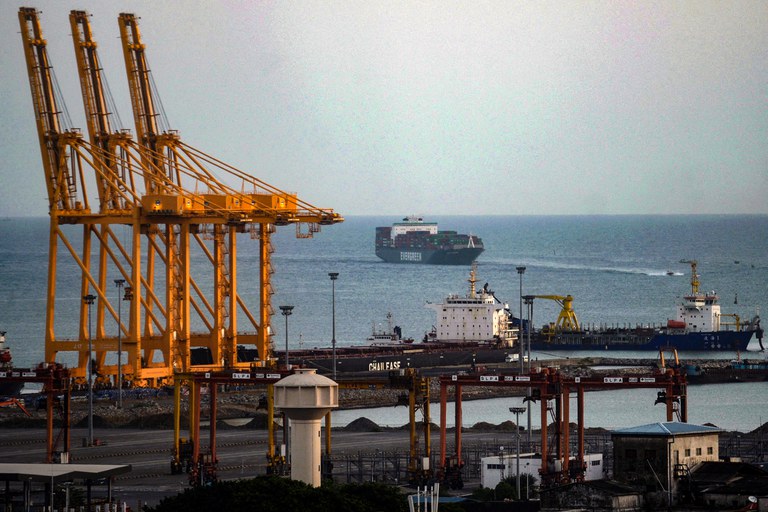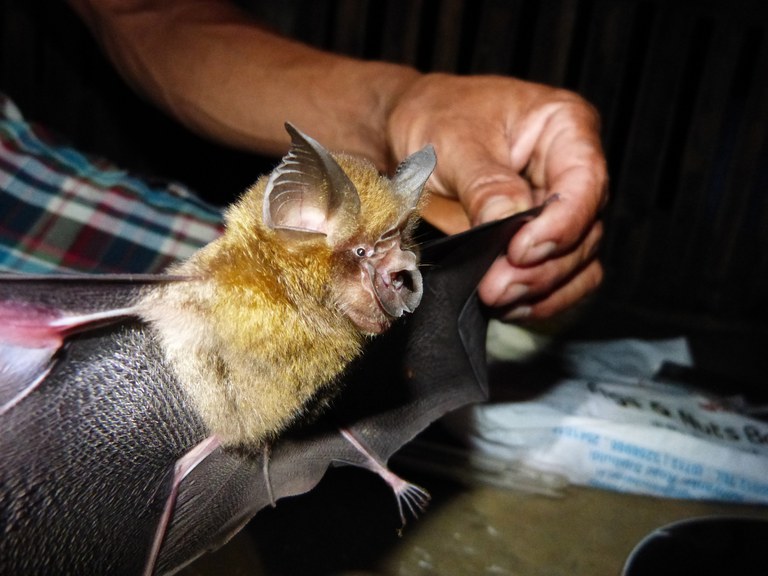Chinese pressure on UN rights chief prompts US call for release of Xinjiang report
The U.S. called on the United Nations human rights chief on Wednesday release a report on conditions in Xinjiang “without delay,” after a report that China was working behind the scenes at the UN to bury the long-delayed document. On Tuesday, Reuters reported from Geneva that a letter authored by China expressing “grave concern” about the Xinjiang report was circulated among diplomatic missions. The note asked countries to sign it to show their support for China’s goal of convincing High Commissioner for Human Rights Michelle Bachelet to halt its release, the news agency said. “Despite frequent assurances by the Office of the High Commissioner that the report would be released in short order, it remains unavailable,” said a U.S. State Department in Washington. “We call on the High Commissioner to release the report without delay. And we are highly concerned about any effort by Beijing to suppress the report’s release,” the spokesperson said in an e-mailed statement. Bachelet, who visited Xinjiang in May, informed the Human Rights Council in September 2021 that her office was finalizing its assessment of information on allegations of rights violations. Three months later, a spokesperson said the report would be issued in a matter of weeks, but it was not released. On Wednesday, a spokesperson for UN Human Rights Office said it was still being finalized and that Bachelet had said it would be released before she leaves office ends in August or September. “The report is being finalized and final steps are being undertaken prior to public release,” the spokesperson wrote in a statement to RFA Uyghur. The final steps include “sharing with the concerned Member State for its comments before publishing as per standard practice,” the spokesperson said. “Reports are shared for comments with the concerned Member State. The Office will reflect comments of a factual nature in the final version,” said the statement. The spokesman had no comment on the letter cited in the Reuters report. The letter and any related Chinese pressure campaign at the UN was unsurprising because Beijing is “hypersensitive to criticism,” said Sophie Richardson, China director of New York-based Human Rights Watch (HRW). “The Chinese government regularly tries to undermine or preempt or reject any criticism,” she told RFA. The letter emerged a month after nearly 50 United Nations member states on Wednesday issued a joint statement criticizing China’s atrocities against Uyghurs and calling on Bachelet to release the Xinjiang report. The UN report would cover a period in which Chinese authorities detained up to 1.8 million Uyghurs and other Turkic minorities in internment camps since 2017, according to numerous investigative reports by researchers and think tanks. Xinjiang’s Uyghurs, Kazakhs and other minorities have reportedly been subjected to severe human rights abuses, torture and forced labor, as well as the eradication of their linguistic, cultural and religious traditions in what the United States and several Western parliaments have called genocide and crimes against humanity. The Campaign for Uyghurs, part of a coalition of 230 organizations who have demanded that Bachelet resign from her post, urged the UN to resist Chinese pressure. “It is not the first time China is trying to drum up support for its genocide, nor will it be the last,” said CFU Executive Director Rushan Abbas. “The question is whether countries will succumb to China’s whims because of economic ties, and if Michelle Bachelet will once again be coaxed into listening to China’s demands,” she added. Bachelet’s China tightly orchestrated Xinjiang visit, about which she has disclosed little, has been criticized as a staged, Potemkin-style tour. In Beijing Wednesday, however, Chinese Foreign Ministry spokesman Wang Wenbin said the 70-year-old former Chilean president “experienced in person what a real Xinjiang is like: a region that enjoys security and stability and sustained robust development, and its people live a happy and fulfilling life.” He told a news conference that China’s stance enjoyed the support of developing countries. “The calculations of a small number of countries to use Xinjiang to engage in political manipulation, tarnish China’s reputation and contain and suppress China will not succeed,” Wang said. HRW’s Richardson said Bachelet was caught between demands from Uyghurs, rights groups and Western governments for accountability and a disclosure of facts in Xinjiang and Beijing’s pressure to silence its critics. “Whether she goes ahead and how accurate it is will tell us a lot about how seriously she takes her mandate and how willing she is to challenge some of the most powerful members of the U.N. system,” she told RFA. Written by Paul Eckert.


